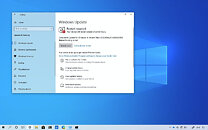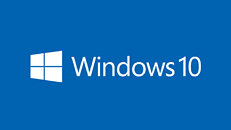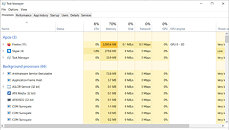"Trails in the Sky 1st Chapter" English Voice Cast Revealed
We're excited to share this 1st look at the English voice cast for Trails in the Sky 1st Chapter! Starting with our energetic protagonist Estelle Bright, reprised by Stephanie Sheh! Our intelligent and level-headed protagonist, Joshua Bright, will be reprised by Johnny Yong Bosch! The seasoned mentor known as "The Silver Flash", Scherazard Harvey, will be voiced again by Michelle Ruff! Give it up for the insightful yet carefree traveling bard, Olivier Lenheim, with Matthew Mercer returning to the role! Kloe Rinz, beloved for her gentle and kind nature, will be reprised by Cristina Vee!
Though he can be harsh at times, the undeniably skilled "Heavy Blade" Agate Crosner will be voiced once again by Ben Pronsky! Everyone give some love to the ever-sweet Tita Russell, with Brianna Knickerbocker reprising her role! A martial artist from the Calvard Republic, "The Immovable" Zin Vathek will be reprised by Vic Chao! Trails in the Sky 1st Chapter reimagines the first chapter of a beloved series, infusing it with enhanced visuals and refined gameplay. Join Estelle and Joshua, partners bound by fate, as they unravel dark conspiracies threatening the peace of the Liberl Kingdom.
Though he can be harsh at times, the undeniably skilled "Heavy Blade" Agate Crosner will be voiced once again by Ben Pronsky! Everyone give some love to the ever-sweet Tita Russell, with Brianna Knickerbocker reprising her role! A martial artist from the Calvard Republic, "The Immovable" Zin Vathek will be reprised by Vic Chao! Trails in the Sky 1st Chapter reimagines the first chapter of a beloved series, infusing it with enhanced visuals and refined gameplay. Join Estelle and Joshua, partners bound by fate, as they unravel dark conspiracies threatening the peace of the Liberl Kingdom.

















